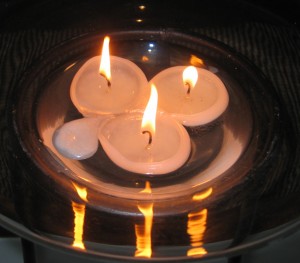Mindfulness is a hot topic these days as it becomes increasingly recognised as an effective way to reduce stress, deepen self-awareness, enhance emotional intelligence and effectively handle painful thoughts and feelings.
So what is it?
Here are some definitions – an ABC of mindfulness:
A- Awareness of what is happening in the present
B – Being comfortable with what is going on in our minds and bodies
C – Compassion for ourselves as well as others
And mindfulness versus mindlessness? Maybe you started eating a snack, taken a couple of bites, then noticed all you had left was an empty packet in your hand? Or you drove somewhere and after arriving at your destination realised you remember nothing about the journey? Most of us have had these experiences! They are common examples of ‘mindlessness’, or ‘going onto automatic pilot’. In our busy lives it is easy to lose awareness of the present moment. We become lost in our efforts to juggle work, home, finances, and other conflicting demands.
Mindfulness is about waking up, connecting with ourselves, and appreciating the fullness of each moment of life. It is the art of conscious living and is a profound way to enhance psychological and emotional resilience whilst increasing life satisfaction.
Practicing mindfulness helps to:
- be fully present, here and now
- become more connected to yourself, to others and to the world around you
- experience more calm and peacefulness
- learn the distinction between you and your thoughts
- experience unpleasant thoughts and feelings safely
- have greater self-confidence
- increase self-awareness
- become less disturbed by and less reactive to unpleasant experiences
- have more direct contact with the world, rather than living through your thoughts
- learn that everything changes; that thoughts and feelings come and go like the weather
- have more balance, less emotional volatility
- develop self-acceptance and self-compassion
